In the context of the booming medical industry, complete sets of medical injection-molded products are widely used in various medical devices due to their high precision, good stability, and the ability for large-scale production. Producing high-quality and strictly standard-compliant complete sets of medical injection-molded products is no easy task and requires comprehensive and excellent capabilities from practitioners.
Professional Knowledge Reserves
-
Cognition of Medical Regulations and Standards: The medical industry has extremely strict and detailed regulations and standards that cover every aspect from product design, raw material selection, production processes, quality inspection, to packaging and transportation. Personnel involved in producing complete sets of medical injection-molded products must have an in-depth understanding and precise grasp of relevant domestic and international medical regulations, such as China's "Regulations on the Supervision and Administration of Medical Devices" and the internationally recognized ISO 13485 medical device quality management system standard. Only by being familiar with these regulations and standards can they ensure that every step from design to production is legal and compliant, avoiding legal risks and serious consequences like product recalls due to non-compliance.
-
Materials Science Knowledge: The performance of medical injection-molded products largely depends on the materials used. Different medical application scenarios have different requirements for material characteristics. For example, some products that come into direct contact with the human body need to have good biocompatibility to avoid triggering immune responses or toxic reactions in the human body. And some products that need to withstand certain pressures or friction require materials with high strength and wear resistance. Therefore, production personnel need to have a wealth of materials science knowledge, understand the characteristics, advantages, disadvantages, and applicable scopes of various plastic materials, be able to select the most suitable materials according to the specific requirements of the products, and optimize material performance through reasonable formulations and process adjustments to meet the special requirements of medical products.
-
Mold Design and Manufacturing Knowledge: Molds are the core tools in injection molding production, and their design quality and manufacturing precision directly affect product quality and production efficiency. Complete sets of medical injection-molded products often have complex shapes and precise structures, which require mold designers to have solid mold design theoretical knowledge, be able to use advanced CAD/CAE/CAM technologies for three-dimensional mold design and simulation analysis, predict and solve potential problems in advance, such as whether the mold's runner design is reasonable, whether the cooling system is efficient, and whether the ejection mechanism is reliable. At the same time, mold manufacturing personnel need to master high-precision processing techniques and equipment operation skills to ensure that the processing precision of each mold component meets the design requirements and guarantee the assembly quality and service life of the molds.
Process Operation and Control Capabilities
-
Setting and Optimization of Injection Molding Process Parameters: The reasonable setting of injection molding process parameters is crucial for ensuring product quality. Small changes in parameters such as temperature, pressure, speed, and time can significantly affect the dimensional accuracy, surface quality, and mechanical properties of the products. Production personnel need to determine the optimal combination of injection molding process parameters based on the material characteristics of the products, mold structure, and production batch through repeated experiments and data analysis. They also need to monitor and adjust these parameters in real-time during the production process to cope with uncertain factors such as batch differences in raw materials and changes in ambient temperature, ensuring the stability and consistency of product quality.
-
Production Process Monitoring and Troubleshooting: During the injection molding production process, it is necessary to closely monitor the operating status of the equipment and the quality of the products, and promptly identify and solve potential problems. For example, they should be able to accurately determine the causes of product appearance defects such as short shots, flash, bubbles, and sink marks by observation, whether they are mold problems, process parameter problems, or raw material problems, and take corresponding measures to solve them. At the same time, they also need to have the ability to perform daily maintenance and upkeep on injection molding equipment, be able to identify potential equipment failure hazards in a timely manner, carry out preventive maintenance, reduce equipment downtime due to failures, and improve production efficiency.
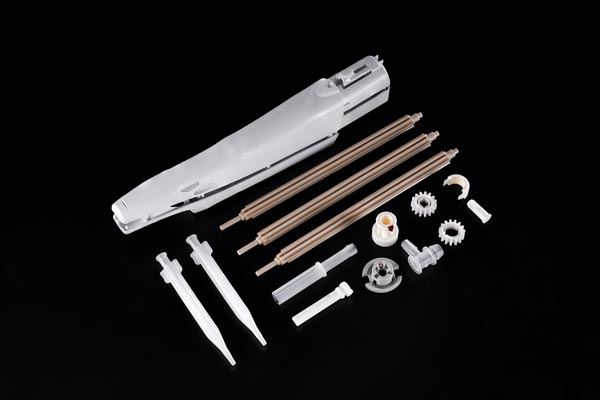
Quality Management and Inspection Capabilities
-
Establishment and Operation of a Quality Management System: Establishing a sound quality management system is an important guarantee for ensuring product quality. Enterprises producing complete sets of medical injection-molded products need to establish a scientific, standardized, and effective quality management system in accordance with the requirements of relevant regulations and standards, covering every link from raw material procurement, production process control to finished product inspection and after-sales service. Quality management personnel need to have the ability to organize, coordinate, and supervise to ensure the effective operation of the quality management system, strictly control the quality of each production link, promptly identify and correct behaviors and products that do not meet quality requirements, and prevent non-conforming products from entering the market.
-
Application of Inspection Techniques and Equipment: Quality inspection of medical injection-molded products requires the use of a variety of advanced inspection techniques and equipment to ensure that the various performance indicators of the products meet the standard requirements. For example, high-precision dimensional measurement instruments such as coordinate measuring machines and projectors are needed to accurately measure the dimensional accuracy of the products; mechanical property testing equipment such as tensile testing machines and impact testing machines are required to test the strength, toughness, and other mechanical properties of the products; non-destructive testing equipment such as X-ray detectors and ultrasonic detectors are used to detect internal defects in the products. Inspection personnel need to be proficient in the operation methods of these inspection techniques and equipment, be able to accurately interpret the inspection results, and evaluate and judge the product quality based on the inspection data.
Innovation and Team Collaboration Capabilities
-
Innovation Awareness and Ability: With the continuous progress of medical technology and changes in market demand, complete sets of medical injection-molded products also need to be continuously innovated and improved. Production personnel need to have an innovative awareness, pay attention to cutting-edge technologies and development trends in the industry, be brave enough to try new materials, new processes, and new design concepts, and continuously optimize product performance and quality to improve product competitiveness. For example, by using new biodegradable materials, more environmentally friendly medical injection-molded products can be developed; by optimizing mold design and injection molding processes, product lightweighting and precision can be achieved.
-
Team Collaboration Ability: Producing complete sets of medical injection-molded products is a systematic project that involves multiple departments and links such as design, research and development, production, and quality inspection, requiring close cooperation and collaborative work among different departments. Therefore, production personnel need to have good team collaboration ability, be able to communicate and exchange effectively with personnel with different professional backgrounds, jointly solve problems encountered during the production process. In the team, they should be able to fully leverage their professional advantages while respecting the opinions and suggestions of others, learn from each other, support each other, and form a strong working synergy to promote the smooth progress of projects.
Producing complete sets of medical injection-molded products requires practitioners to have a wide range of capabilities. These capabilities are interrelated and influence each other, forming a complete capability system. Only by continuously improving and enhancing these capabilities can high-quality and high-performance complete sets of medical injection-molded products be produced in the fierce market competition, contributing to the development of the medical industry.
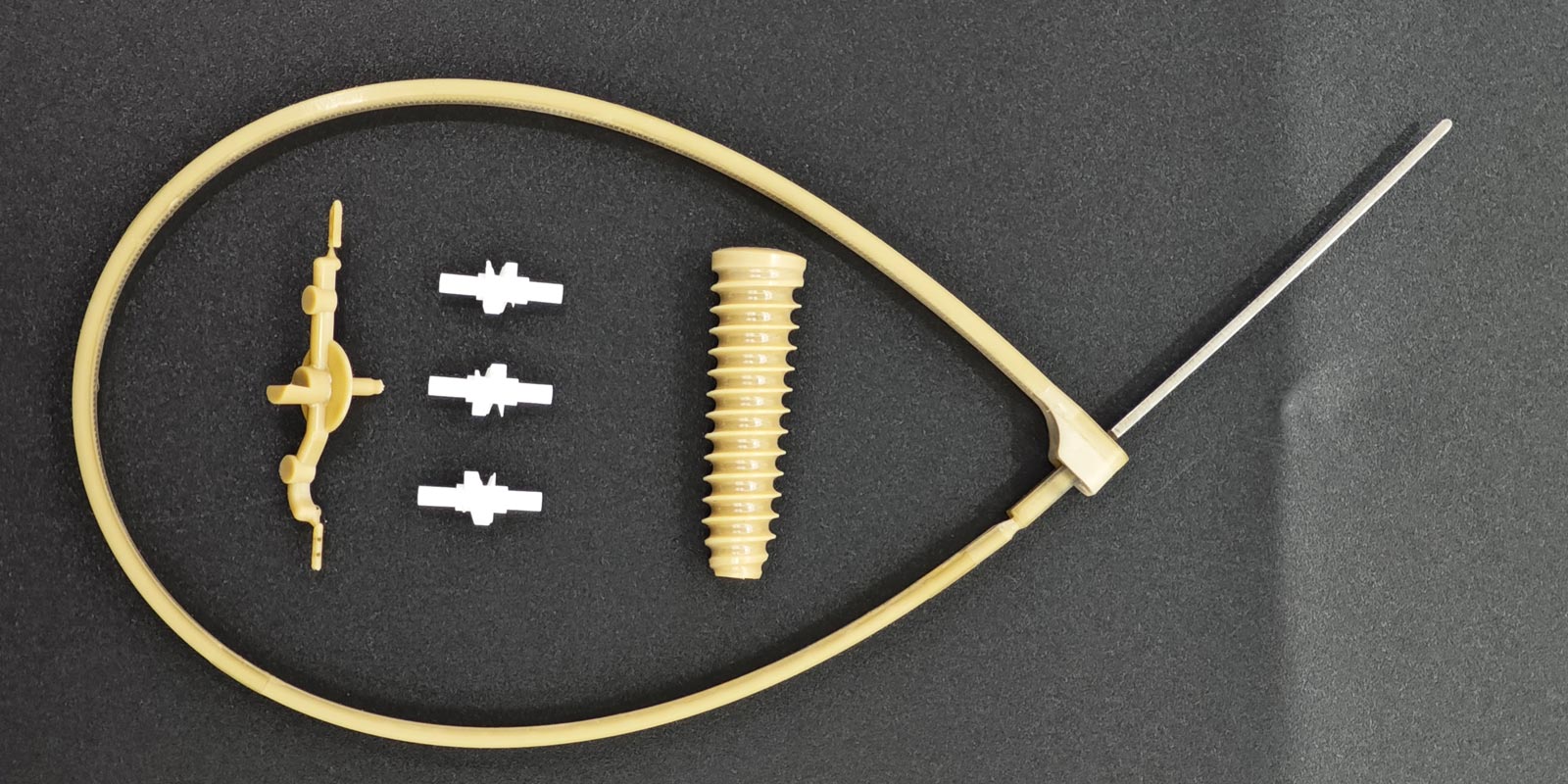
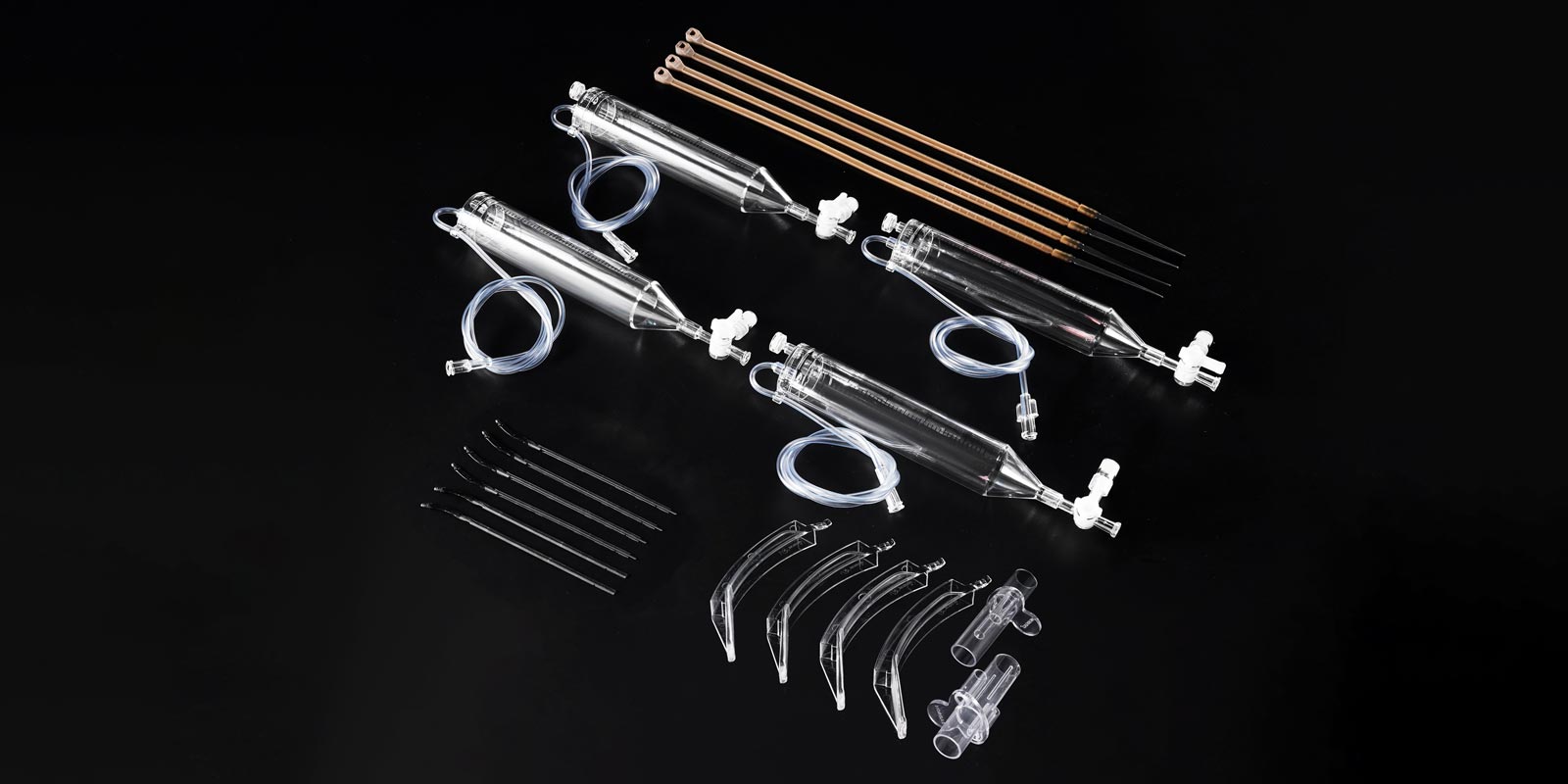
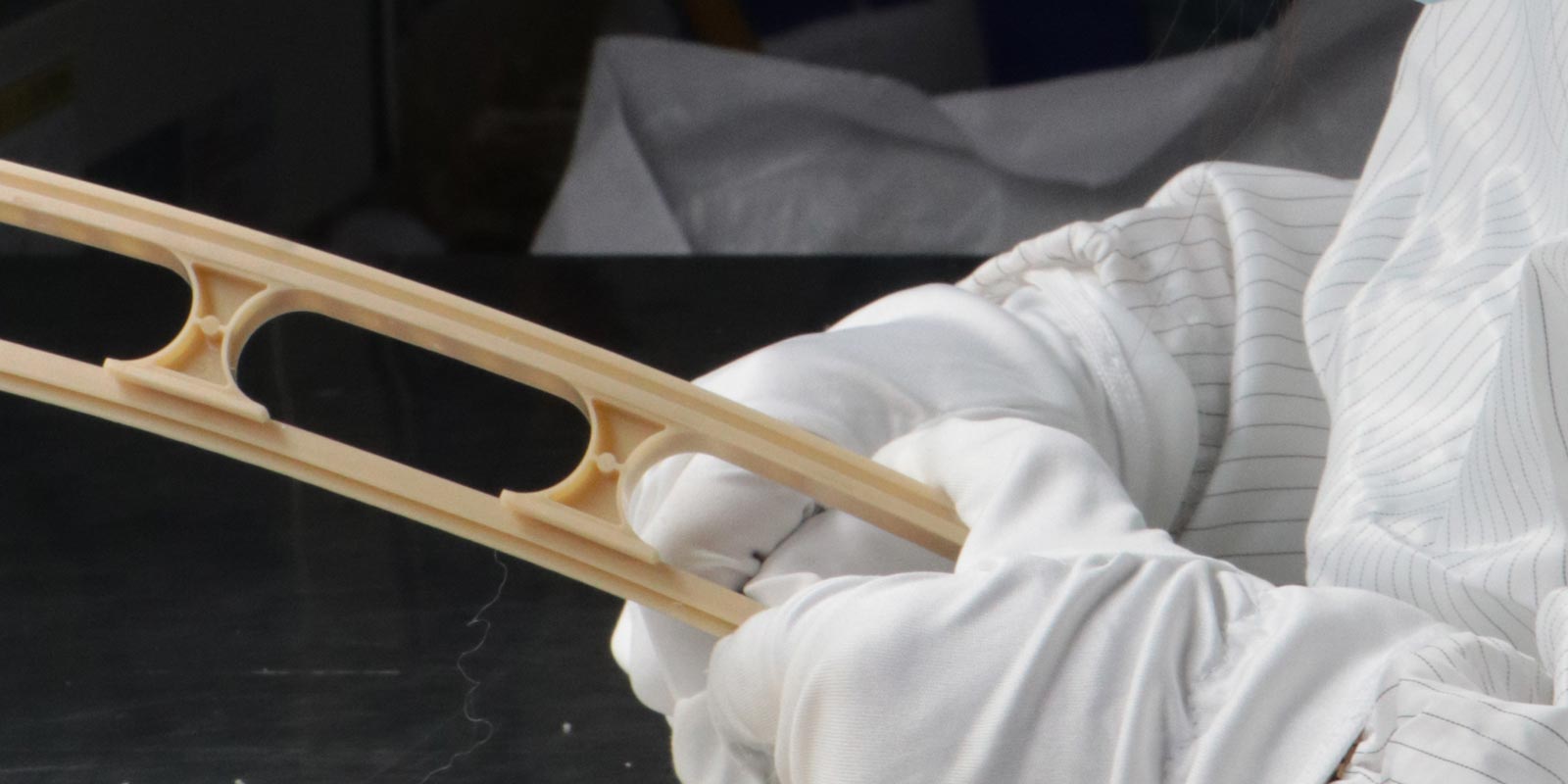
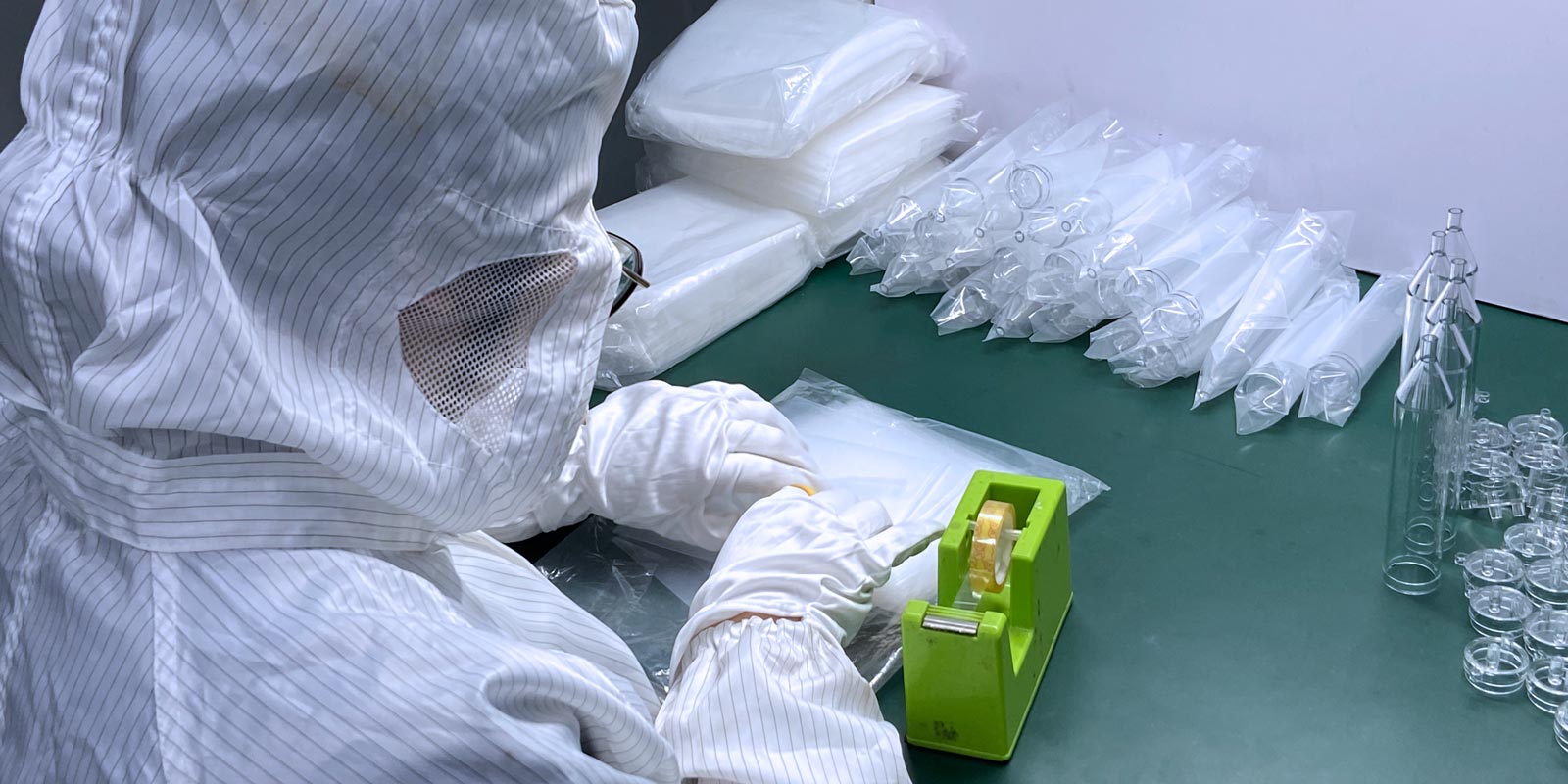
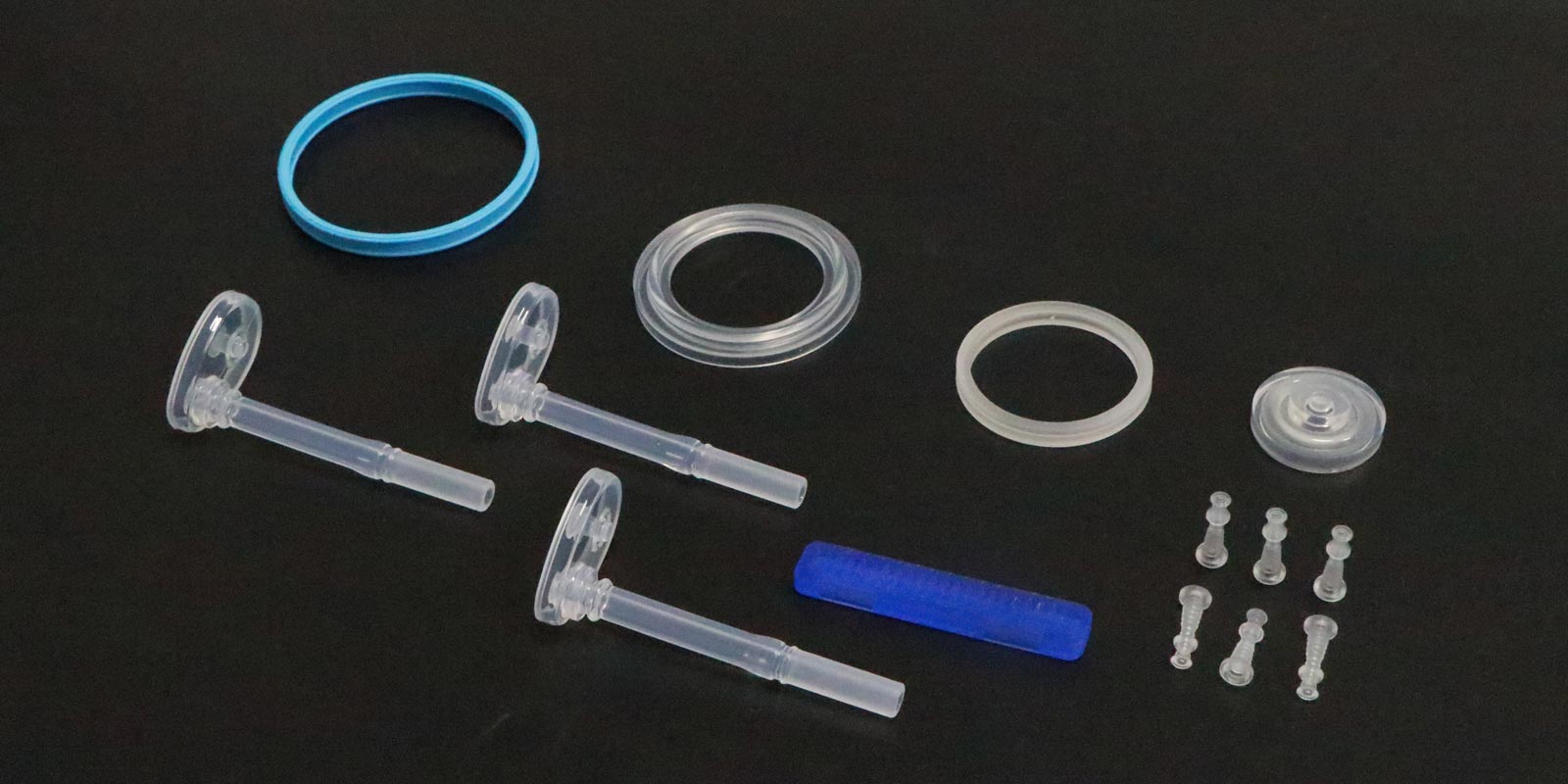
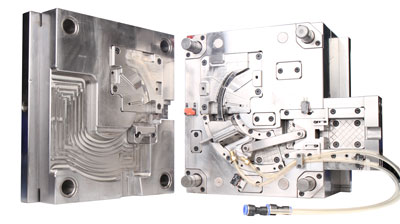
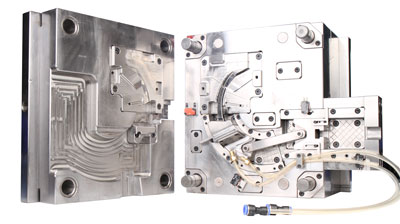
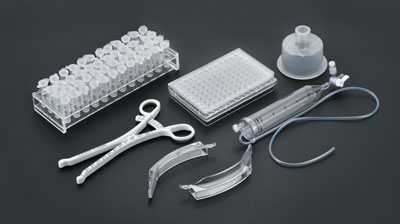
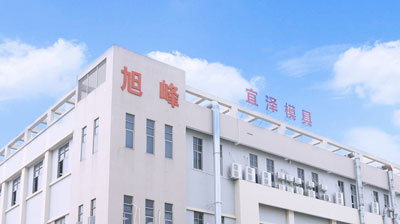







 Home
Home
